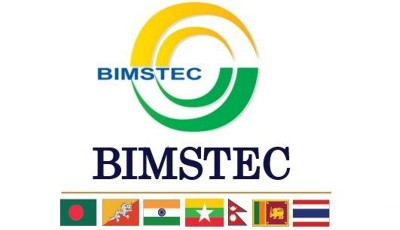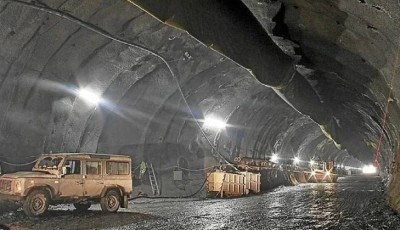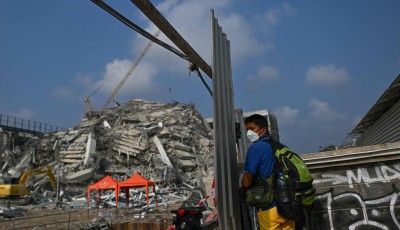Astronauts Finally Head Home After Unexpected Nine-Month Stay on ISS

After an unexpected nine-month stay aboard the International Space Station (ISS), a pair of NASA astronauts are finally on their way home. The SpaceX capsule carrying Butch Wilmore and Suni Williams undocked from the ISS at 0505 GMT on Tuesday, marking the end of their prolonged mission that has drawn global attention.
Joining them on the return journey are American astronaut Nick Hague and Russian cosmonaut Aleksandr Gorbunov. The four crewmembers are now en route to Earth on a 17-hour trip and have been cleared to change out of their space suits into more comfortable clothing.
If all proceeds as planned, the capsule will deploy its parachutes and splash down off the coast of Florida around 2157 GMT Tuesday. A recovery team will be on standby to retrieve the crew from the ocean.
Wilmore and Williams originally launched to the ISS in June last year aboard Boeing’s Starliner, which was on its maiden crewed test flight. The mission was initially intended to be a short round-trip, but technical issues with Starliner's propulsion system forced the spacecraft to return to Earth unmanned, leaving the astronauts temporarily stranded in space.
The two former U.S. Navy pilots, aged 62 and 59, were subsequently reassigned to the NASA-SpaceX Crew-9 mission. A Dragon spacecraft transported a reduced team of two to the ISS in September to make room for the stranded pair.
Relief finally came early Sunday with the arrival of Crew-10. The new team’s docking was met with smiles and hugs as they joined the station, clearing the way for Wilmore, Williams, Hague, and Gorbunov to depart.
After bidding farewell to their crewmates on the ISS, the departing astronauts boarded the Dragon capsule and sealed the hatch. “Colleagues and dear friends who remain on the station... we’ll be waiting for you. Crew-9 is going home,” said Hague before departure.
'Unbelievable Resilience'
Though their extended stay surpassed the usual six-month ISS rotation, Wilmore and Williams’ mission ranks sixth in U.S. records for single-mission duration. NASA astronaut Frank Rubio holds the record with 371 days in 2023, while the global record stands at 437 days, set by Russian cosmonaut Valeri Polyakov aboard the Mir station.
According to Dr. Rihana Bokhari from the Center for Space Medicine at Baylor College, the health effects of long-duration space missions—such as muscle and bone loss and fluid redistribution—are well-documented and manageable. “Folks like Suni Williams are actually known for their dedication to exercise,” Bokhari said, adding that Williams likely exceeded her standard workout regimen during the mission.
Despite their training, the emotional toll of being unexpectedly away from home—without initially sufficient supplies—has sparked public interest and admiration. “If you found out you were stuck in your office for nine months, you'd probably panic,” said psychologist Joseph Keebler of Embry-Riddle Aeronautical University. “These individuals have shown unbelievable resilience.”
Political Turbulence
The mission’s unanticipated length also stirred political controversy. Former U.S. President Donald Trump, along with SpaceX CEO Elon Musk—an advisor to Trump—accused the Biden administration of abandoning the astronauts and rejecting an earlier rescue plan.
“They shamefully forgot about the astronauts, because they considered it a very embarrassing event for them,” Trump wrote on Truth Social Monday.
NASA officials have pushed back against these claims, asserting that the recovery timeline has remained consistent since the astronauts’ reassignment to Crew-9. Musk has not provided further details about the alleged alternate plan.
Trump also drew criticism for referring to Williams, a highly decorated former Navy captain, as “the woman with the wild hair,” and for making offhand comments about the crew's personal dynamics. “They’ve been left up there—I hope they like each other, maybe they love each other, I don’t know,” he said during a recent press conference.
Despite the political noise, the astronauts’ return is being celebrated as a testament to human endurance, teamwork, and space exploration resilience.
















तपाईको प्रतिक्रिया दिनुहोस